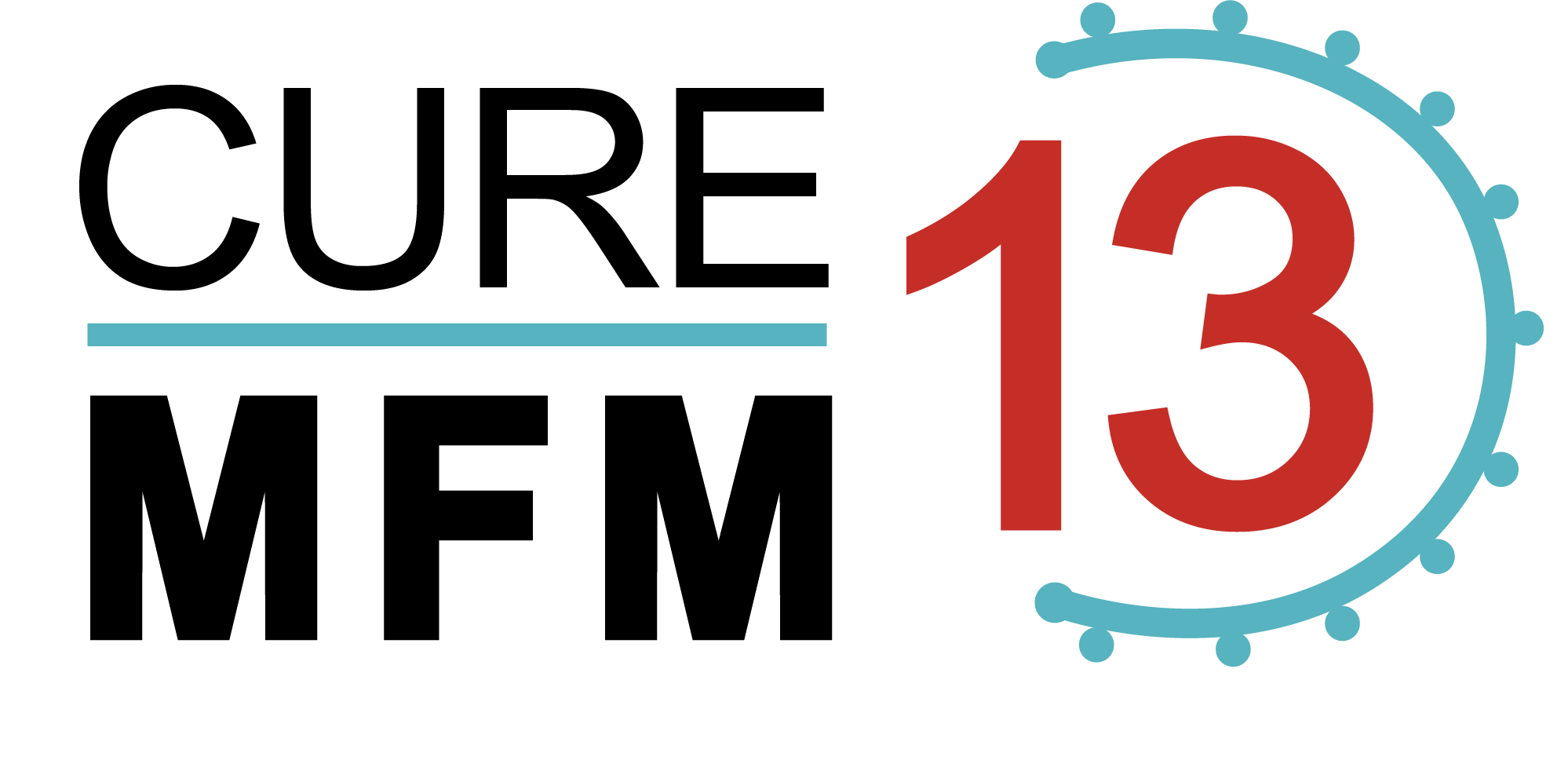Genetic Testing

Genetic testing is the primary method for diagnosing Myofibrillar Myopathy type 13 (MFM13).
- Single-gene testing is recommended if a known familial HSPB8 variant has already been identified.
- Multi-gene panel sequencing is recommended in undiagnosed or clinically undifferentiated cases.
If not already included, HSPB8 can be added by request to diagnostic panels such as:
- Congenital myopathy panel
- Comprehensive myopathy panel
- Distal myopathy panel
- Comprehensive neuromuscular disorders panel
Ordering physicians can request inclusion of HSPB8 when submitting genetic test orders.
Whole Exome and Whole Genome Sequencing
Whole Exome Sequencing (WES) or Whole Genome Sequencing (WGS) can also be used for diagnosis. However, the variant may or may not be detected.
In our experience, tests carried out by GeneDx and Ambry Genetics, can correctly identify the mutations causing MFM13.
Results should always be interpreted in the context of clinical presentation, family history, and other laboratory findings, ideally with the support of a genetic counselor.
Providers ordering WES or other sequencing tests should include detailed clinical notes and documentation to facilitate insurance coverage.
Interpretation of Genetic Findings
- Pathogenic HSPB8 variant → confirms the diagnosis in a clinically affected individual.
- Likely pathogenic variant → may be considered diagnostic, but further evidence is needed for formal reclassification.
- Variant of Unknown Significance (VUS) → indicates a change in HSPB8 not previously associated with disease. Further data are needed to determine whether it is benign or pathogenic.
If a VUS is identified, additional studies or family testing may help clarify its significance. Once a diagnosis is confirmed, carrier testing for family members is recommended.
Detailed information on variant interpretation criteria is available through the American College of Medical Genetics and Genomics (ACMG) guidelines.
Where to test?
Other testing:
- Blood tests: Elevated Creatine Kinase (CK). Some patients may have dyslipidemia and elevated liver enzymes.
- Electrocardiography: Some patients might present with cardiomyopathy and conduction defects such as right bundle branch block.
- Echocardiogram may show left ventricular hypertrophy and reduced ejection fraction.
- Pulmonary function studies could be normal or might show respiratory insufficiency, restrictive lung disease with decreased Forced Vital Capacity (FVC)
- Nerve conduction studies (NCS) showing axonal motor neuropathy predominantly affecting the lower limbs.
- Electromyography (EMG) findings with features of mixed myopathic and neurogenic pathology in the upper and lower limbs.
- MRI (or CT scan) of the lower limbs with fatty degenerative changes in the proximal and distal lower extremities - Figures B and C
- Muscle biopsy can be done if there is diagnostic uncertainty and/or no genetic mutation is identified in genes associated with myopathies. Patients with mutations in HSPB8 gene develop myopathy displaying histologic features of myofibrillar myopathy like the pathology in myopathies due to gene defects in other components of the CASA complex such as BAG3 and DNAJB6. Muscle biopsy typically shows fatty replacement, aggregates, rimmed vacuoles, increased internalized nuclei, and endomysial fibrosis.
